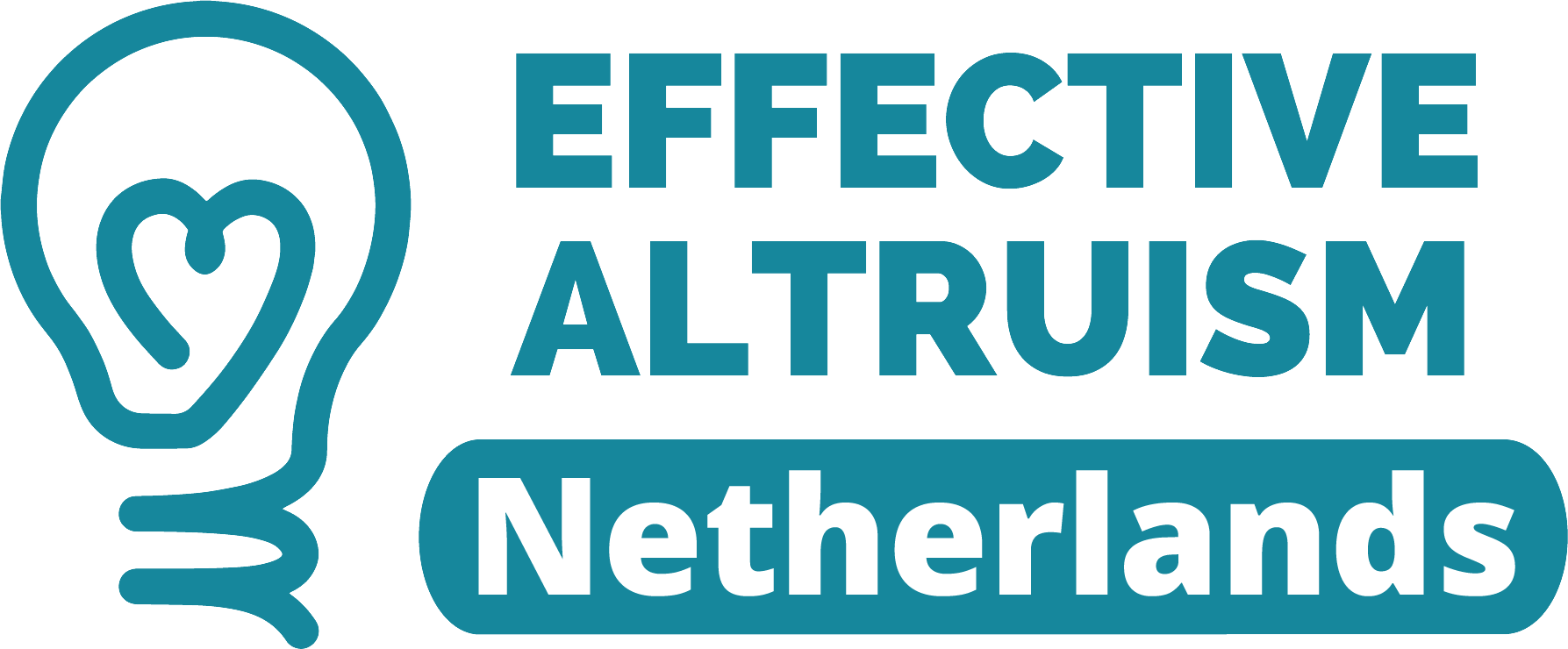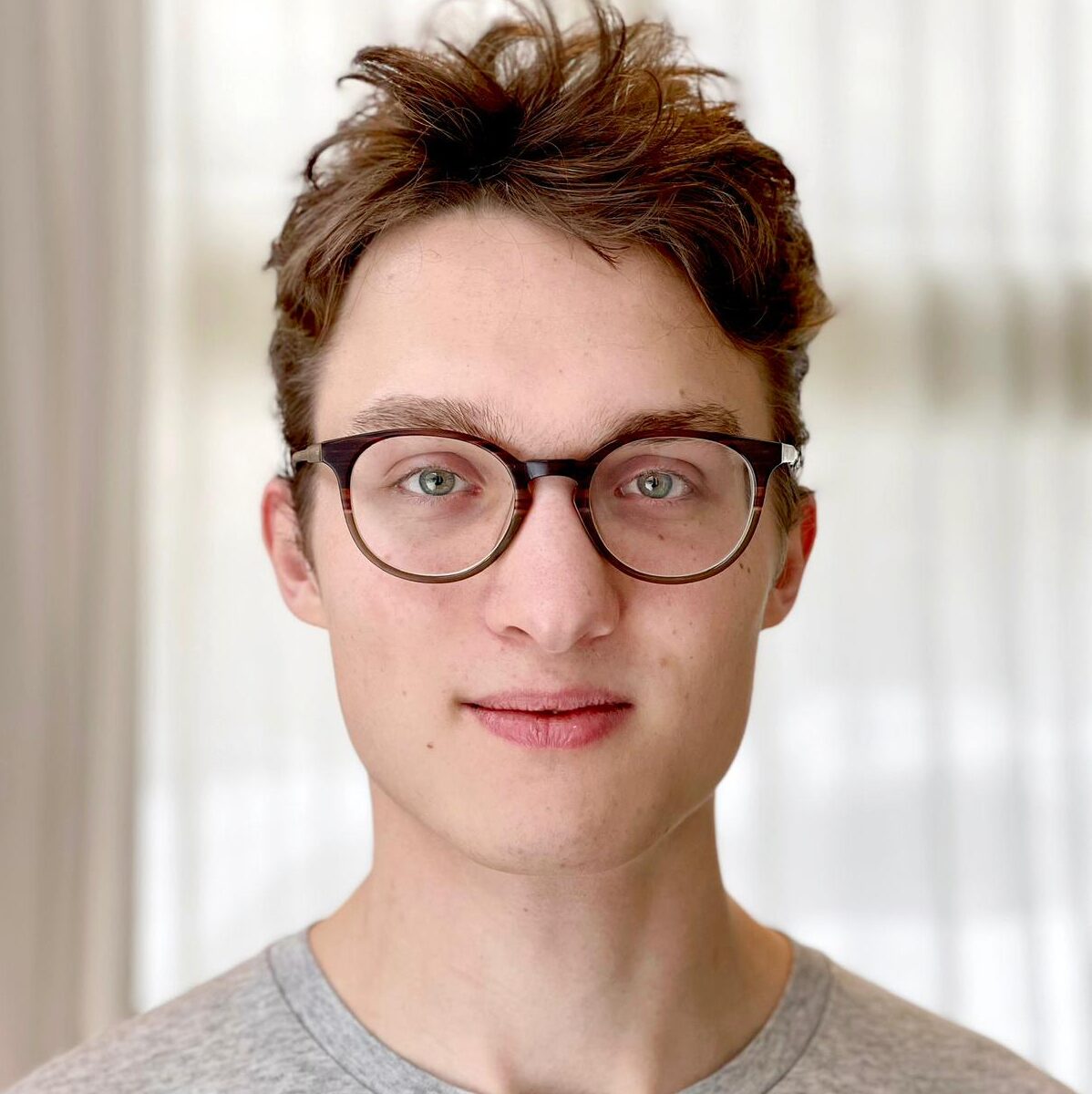24 September 2023
Jesse’s impact story
Can you introduce yourself and describe what you do?
I’m currently working on AI safety research. In particular, I’m studying “interpretability”, the science of how AI systems work internally. The hope is that we may eventually be able to detect — and prevent — harmful behaviors like deception. (But we’re not there yet.)
Within this subfield of “interpretability”, I’m working on a research agenda I’ve put together with Prof. Daniel Murfet at the University of Melbourne and several collaborators. We’re investigating “developmental interpretability,” which asks what we can learn about neural network internals from how these structures evolve over the course of training. The parallel with developmental biology is deeper than just the name. Day-to-day, we’re doing research, organizing events and conferences, and developing courses and other material. I’m in charge of the applied/experimental research projects.
How did you get to where you are now?
Were there any pivotal moments or decisions?
After completing a masters in theoretical physics in 2021, I spent a year working on a healthtech startup I co-founded with my now fiancée, Robin Laird. Eventually, I realized my heart wasn’t in it, and we shut down the company. AI had always interested me and was starting to concern me, so I pivoted to AI safety. Deciding to make this shift was likely the most pivotal moment.
Participating in SERI MATS, an in-person two-month research fellowship, in winter 2022-2023 was the next major inflection point. It brought me in contact with the wider AI safety community, made it clear to me that I had something to contribute, and made sure I was “onboarded” as quickly as possible.
A last major turning point was organizing a conference on singular learning theory in June. This culminated in the developmental interpretability agenda which I’m now working on and led to the collaborations that are now working on this agenda.
What’s a challenge you’ve faced in your career so far?
And how did it shape your career-related decisions going forward?
The hardest thing was probably facing the sunk cost fallacy and acknowledging that the company I founded wasn’t meant to be. I could have easily lost another year pushing in that direction, not dealing with the fact that it wasn’t the right fit. It’s difficult to “kill your darlings,” but sometimes you have to.
What advantages or opportunities helped you get on the career path you’re on now?
The huge network I’ve gotten in contact with through EA has been amazing. I’ve made this pivot much, much faster than I think I could have accomplished in other comparable fields.
What advice would you give to someone looking to follow a similar pathway?
A few miscellaneous morsels of advice:
Don’t follow your passions. Or, rather, recognize that passions are constructed rather than found and that building a passion is hard work. Many people never find that fiery all-consuming passions and that’s fine — healthy even. Having a job that keeps you engaged, whets your curiosity, and puts you in contact with great people is enough.
For the ‘Effective Altruists’: you might be focusing too much on optimizing importance/neglectedness/tractability. In general, I think it’s better to approach with a “satisficer” mindset — find a cause area that’s important enough, and then trust your personal strengths and inclinations to guide you to a subarea where you can have the greatest marginal impact. Humans are pretty good at stumbling into neglected niches if they stick around in some area long enough.
How do you see your career evolving in the future to further your impact goals?
At this point, I think our agenda is likely to work (that is, over the next six months, I expect all of our projects to be successful). So I hope to continue advancing this agenda afterwards, which may mean starting a dedicated research organization.
More news
Tax Effects of Grants in the Netherlands
Tax Effects of Grants in the Netherlands This guide outlines the Dutch tax implications for receivin
Animal welfare as a collective priority
4 reasons why promoting animal welfare is important. Specifically with respect to factory farming, b
EAGx Utrecht July 5-7, 2024 (finished)
Come to the Jaarbeurs in the center of the bustling city of Utrecht for a conference on doing good a


